
Jason Isbell joined Patterson Hood and Mike Cooley as a guitarist and vocalist in acclaimed Southern Rock band, The Drive-By Truckers, in 2002. He contributed songs like ‘Outfit’, which details his father’s advice upon joining the band (“Don’t worry about losing your accent, a southern man tells better jokes.”).
Isbell divorced Truckers’ bassist Shonna Tucker, left the band in 2007, and started a solo career. Isbell’s early solo albums often feel like he is coasting and not fulfilling his potential.
In 2013, a newly sober Isbell released Southeastern, a collection of personal and stripped-down songs. Southeastern and 2015’s Something More Than Free tell empathetic stories. He reunited with his backing band, The 400 Unit, starting with 2017’s The Nashville Sound.
If you’re convinced that modern music isn’t producing great songwriters, Isbell’s strong evidence to the contrary. He produces heartfelt and timeless work.
Jason Isbell Album Reviews
Sirens of the Ditch

2007, 7/10
Jason Isbell’s solo debut was released shortly after he left the Drive-By Truckers, with former bandmates Patterson Hood, Shonna Tucker, and Brad Morgan all guesting. The album also features veteran Alabama studio musicians David Hood and Spooner Oldham.
These musicians give Sirens of the Ditch a rawer sound than Isbell’s other solo work. Even though Isbell’s writing is inconsistent on Sirens, it’s my favourite of his pre-sobriety solo records.
Like his other early solo albums, strong songs are mixed with generic efforts. ‘Brand New Kind of Actress’ is an excellent opener, recounting the Phil Spector murder trial. The piano-driven ‘Chicago Promenade’ is pretty, while the blue-eyed soul of ‘Hurricanes and Hand Grenades’ recalls David Hood’s time in Muscle Shoals. ‘Dress Blues’ is an effective anti-war song, and ‘In A Razor Town’ is pretty and acoustic.
Sirens of the Ditch runs out of steam at the end, and even the best songs aren’t as good as his Drive-By Truckers work, or his later solo material. Nonetheless, it’s solid enough to rank as the best of his pre-sobriety work.
Jason Isbell and the 400 Unit
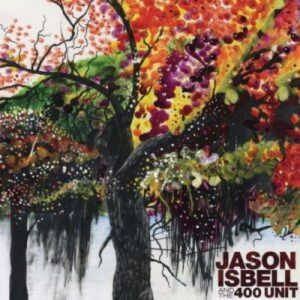
2009, 4.5/10
After Sirens of the Ditch used Isbell’s former colleagues in the Drive-By Truckers as backing musicians, Isbell formed his own band. The 400 Unit were named after a mental health facility in Florence. They’ve backed Isbell ever since, and their rootsy sound fits him well. But the new band supports Isbell’s weakest batch of songs. Even the stronger songs here feel like filler on his other albums.
Of the better songs, ‘How Long’ is heading towards punchy power pop. ‘Seven-Mile Island’ is an effective, atmospheric opener, and ‘The Blue’ is a pretty tune. But elsewhere serviceable tunes are drawn out too long, like ‘Cigarettes and Wine’, or engage in hackneyed sentiments like ‘The Last Song I Will Ever Write’.
Lacking in strong songs, Jason Isbell and the 400 Unit is the sound of a talented songwriter phoning it in.
Here We Rest

2011, 6.5/10
The last of Isbell’s pre-sobriety albums, Here We Rest is a rebound after the mundane Jason Isbell and the 400 Unit. It’s similar in sound, but the 400 Unit have stronger songs to work with.
Opener ‘Alabama Pines’ connects like nothing on the previous album did, nostalgic and graceful, while ‘Daisy Mae’ benefits from a solo acoustic treatment. The most polarising song on Here We Rest is the bouncy ‘Heart on a String’, another of Isbell’s dabblings in the Muscle Shoals sound – it’s arguably generic, but it suits Isbell’s pleasant voice. For me, the weakest song is the repetitive ‘Codeine’.
Like all of Isbell’s early solo albums, Here We Rest is frustrating. Isbell’s songs are too patchy for a writer of his quality, and it would be worth releasing a compilation of the best material from these records.
Southeastern
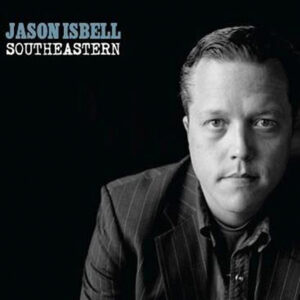
2013, 9.5/10
After three solo albums of underachieving rootsy rock, Isbell’s girlfriend arranged an intervention. She put him in rehab for alcohol addiction. Isbell emerged more focused, with more personal songs. On Southeastern he achieves the potential that his work with the Drive-By Truckers hinted at. These songs are mostly stripped down to basic acoustic arrangements.
There are tales of personal redemption on ‘Live Oak’ and ‘Travelling Alone’. There’s nostalgia coloured by regret on ‘Songs That She Sang in the Shower’. But the most devastating piece is ‘Elephant’, where ill people try to ignore their circumstances despite the futility.
‘Relatively Easy’ is a great closer with an ascending melody and guardedly optimistic lyrics. Among all of the contemplative acoustic songs, there’s a great riff rocker in ‘Flying Over Water’, and it’s probably my favourite song on here, as the change of pace makes it stand out.
Southeastern isn’t perfect – the irritating rocker ‘Super 8’ is a good candidate for worst song on a great album – but Southeastern is a masterful work by a talented songwriter.
Something More Than Free
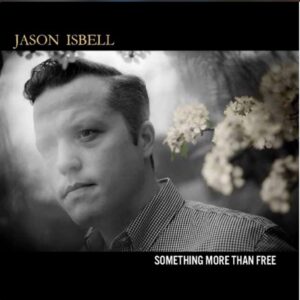
2015, 8.5/10
Jason Isbell followed up his 2013 breakthrough Southeastern with an album that followed a similar template musically. The songs on Southeastern were often personal and autobiographical. In comparison, Isbell’s songs on Something More Than Free take the vantage point of an outsider looking in.
They’re often empathetic stories from America’s heartland. The narrator on the excellent title track is too tired to attend church but thankful for the work. If this already sounds reminiscent of Springsteen, there are songs named ‘Speed Trap Town’ and ‘Hudson Commodore’.
I enjoyed Southeastern instantly, but it took longer with Something More Than Free. It starts with the generic ‘If It Takes A Lifetime’ – an upbeat country song dealing in the clichés that Isbell generally avoids.
But further in are plenty of treasures. I assumed ‘To A Band I Loved’ was a tribute to his former band-mates in The Drive-By Truckers, but it’s actually about Centro-Matic, while ’24 Frames’ and ‘The Life You Chose’ are immediate and propulsive. The line “are you living the life you chose/are you living the life that chose you?” is evidence of Isbell’s skill as a lyricist.
Isbell’s ability to seamlessly slide into a third-person mode of songwriting on Something More Than Free is evidence of his skill, and it’s another very substantial effort.
The Nashville Sound
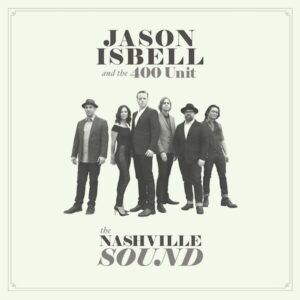
2017, 7.5/10
After two largely acoustic albums, Isbell reunited with the 400 Unit for a more rock-oriented set. It’s a good career step, widening his stylistic range, but it’s still less satisfying than his two previous albums. As they showed, Isbell’s at his best when he’s personal and vulnerable, and the songs on The Nashville Sound don’t always play to that strength. On the other hand, Isbell’s move away from personal to political is worthwhile – Isbell’s been an outspoken critic of President Trump, and it manifests itself in the call for unity of ‘Hope The High Road’ and the questioning of white privilege on ‘White Man’s World’.
The rock sound works on excellent songs like ‘Hope The High Road’ and ‘Cumberland Gap’. There are also low-key charmers like ‘Tupelo’ and the confusingly titled song of devotion, ‘If We Were Vampires’. Conversely, I find the seven minutes of ‘Anxiety’ difficult – it’s clearly a meaningful song for Isbell, but it’s overlong and sluggish.
The Nashville Sound is often worthwhile, but it’s less consistent than his previous two records, and ever so mildly disappointing.
Reunions
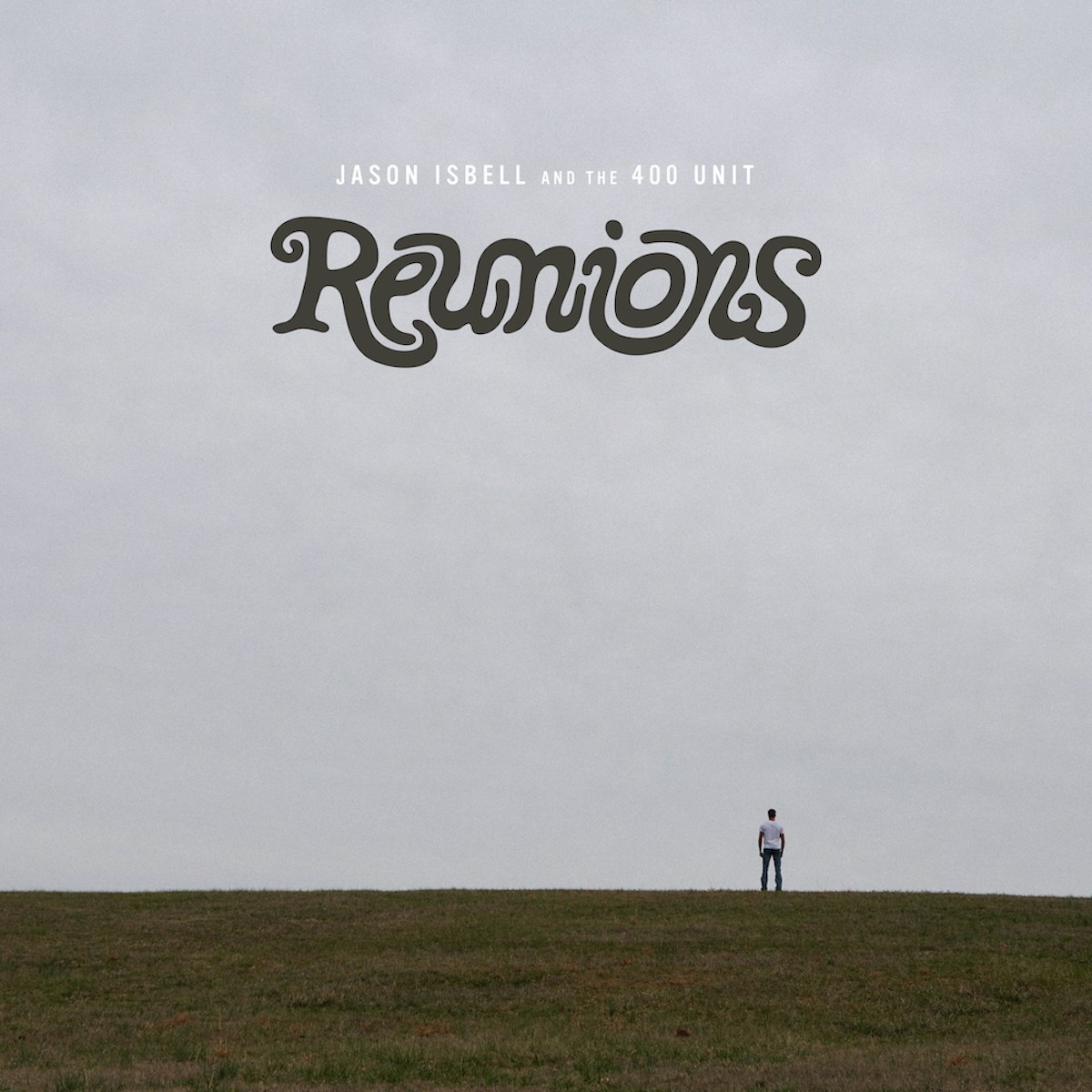
2020. 7.5/10
Reunions shows the incompatibility in Isbell’s primary talents. He’s a terrific lead guitarist, but many of his best solo songs are honest and acoustic. The mix of acoustic material and rockers throws up an inconsistent track listing, but there’s enough top-drawer songwriting to sustain it.
Isbell is supported by his usual team. Dave Cobb produces, while the 400 Unit (which includes his then-wife Amanda Shires on fiddle and backing vocals) are back. David Crosby sings backing vocals on several tracks.
Reunions opens in my least favourite Isbell mode – ‘What’ve I Done To Help’ is long and repetitive. Isbell’s best on Reunions when he’s singing about his family. For example, the closing song ‘Letting You Go’, about his daughter growing up, is irresistibly heartfelt, while ‘Overseas’ successfully folds intimate lyrics into a charging package. ‘River’ is another gorgeous acoustic piece, but the rockers like ‘Running With Our Eyes Closed’ and ‘It Gets Easier’ lack memorable choruses.
Isbell remains an accomplished songwriter, delivering the same timeless material as prime Bruce Springsteen. Like 2017’s The Nashville Sound, Reunions mixes terrific songs with passable ones, resulting in a worthwhile but uneven effort.
Weathervanes

2023, 9/10
Southeastern and Something More Than Free were both excellent singer-songwriter records. The next two Isbell records were worthy but less convincing. Isbell reunited with his band, the 400 Unit, and explored more rock-oriented sounds.
Weathervanes hits a nice middle point between these two poles. Isbell feels more like a singer-songwriter here, with more personal lyrics, but there’s also a tough rock sound in places. It’s excellent, easily among the top echelon of his solo work. Isbell wrote these tracks while appearing in the Martin Scorsese film Killers of the Flower Moon.
Songs like ‘King of Oklahoma’ demonstrate Isbell’s ability to straddle intimate songwriting with guitar muscle. Isbell cuts loose on the taut riff rocker ‘This Ain’t It’. The more acoustic-oriented songs are also excellent – ‘White Beretta’ is a great set of lyrics that works printed on the page, while ‘Strawberry Women’ features pretty acoustic picking.
We were running through the red lights
In a hurry to get to nowhere
In a white Beretta
Weathervanes maintains momentum for an hour, packed with strong material.
Foxes in the Snow

2025
Foxes in the Snow chronicles a time of transition in Isbell’s life. He divorced Shires and started a relationship with artist Anna Weyant. Foxes in the Snow is entirely solo. Isbell recorded at Electric Ladyland studios in five days, playing a 1940 Martin guitar.
Isbell told Spin “A lot of the stories on this record, a lot of these details and a lot of these songs are very personal. I didn’t want to force anybody else to be in the room with that. When you’re being this open and this vulnerable, there’s something about doing it alone.”
Isbell’s a strong enough guitarist to keep Foxes in the Snow entertaining. The songs that deal directly with his divorce are the most harrowing. It’s perhaps a relief that he didn’t record an entire album of songs like ‘True Believer’, where he sings “There’s a letter on the nightstand/I don’t think I’ll ever read”.
However, the most memorable line has nothing to do with relationships – it’s about a band massacring Steely Dan. Isbell sings “I’m mad at the band that played Kid Charlemagne/In a bar in the village/And the solo f***ed all to hell.” The bluesy title track is surprisingly warm, with Isbell singing positively of his new relationship.
Isbell has made better albums, but the solo Foxes in the Snow occupies a unique place in his discography.
10 Best Jason Isbell Songs
Flying Over Water
24 Frames
King of Oklahoma
Relatively Easy
Elephant
Hope The High Road
Something More Than Free
To A Band I Loved
White Beretta
Letting You Go
Back to 2010s Album Reviews….
3 Comments
Leave a Reply
Read about the discographies of musical acts from the 1960s to the present day. Browse this site's review archives or enjoy these random selections:
I add new blog posts to this website every week. Browse the archives or enjoy these random selections:
Subscribe
Subscribe to receive new posts from Aphoristic Album Reviews.
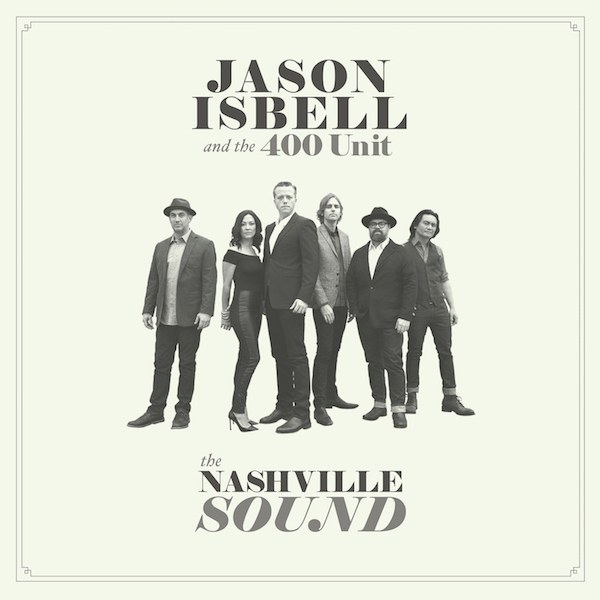




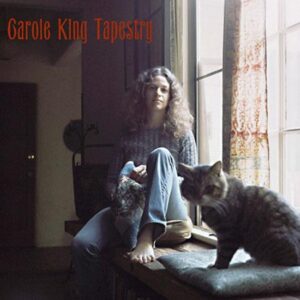


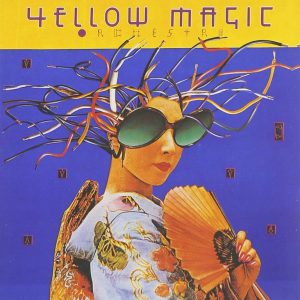


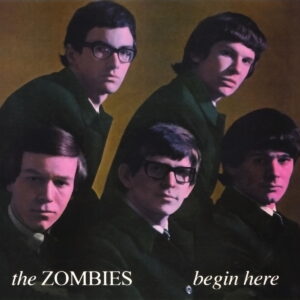
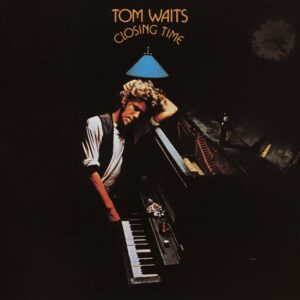

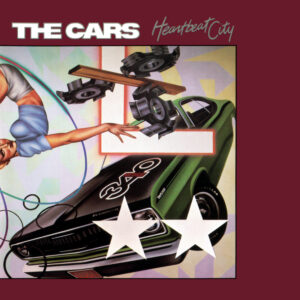
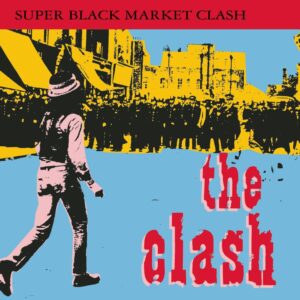
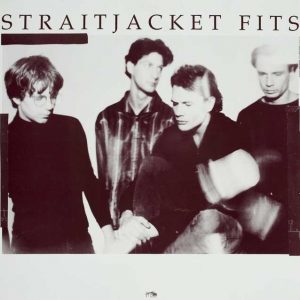

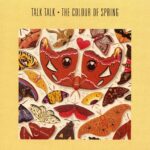


Might have to give him try
He’s definitely building a reputation – just gradually becoming famous by releasing high quality music.
You got my attention when you mentioned “Truckers”. I seen a gig a few years back where the backed up Booker T. I enjoyed it. There is so much good new music out there I try to find time for it. Lots of good intentions on my part.